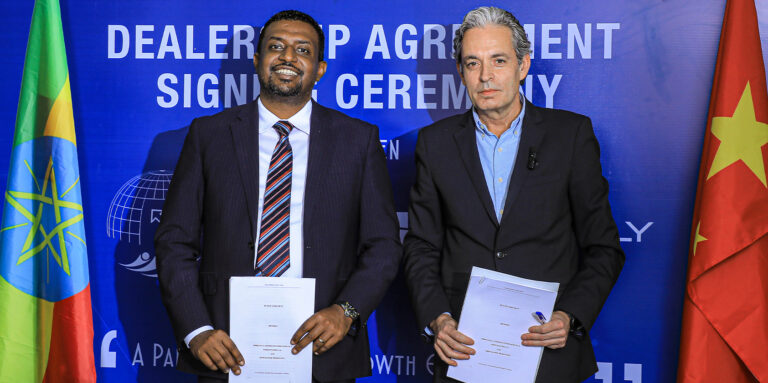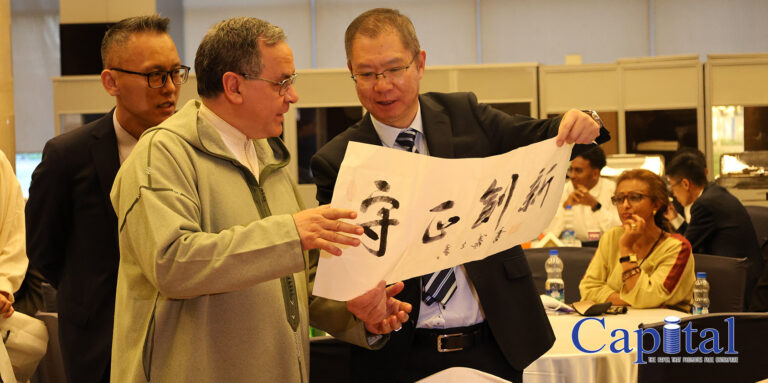By our staff reporter
Mastercard is bringing Africa closer to the UEFA Champions League like never before with the launch of its 2025 Africa football campaign, running from February to May 2025. As a proud and long-standing sponsor of the UEFA Champions League, Mastercard is delivering a powerful campaign that connects millions of fans to the thrill of world-class football through uniquely curated, Priceless experiences—deeply rooted in African culture, tourism and connection.
Cardholders across South Africa, Kenya, Tanzania, Morocco and Ghana have the opportunity to win exclusive UEFA Champions League viewing experiences—designed to resonate with local audiences and elevate their passion for the game. The campaign brings unique experiences to life, from a chance to win luxurious, all-expenses-paid trips to iconic African destinations, to football-themed mall activations with instant rewards. It captures Africa’s energy and love for football while celebrating the continent’s rich beauty and diversity.
Africa’s enthusiasm for football is iconic. With over 400 million fans tuning in for UEFA Champions League broadcasts each year, the appetite for premium football experiences continues to grow. Mastercard is stepping into that moment with purpose, investing in meaningful ways to bring African fans closer to the game they love.
“At Mastercard, we understand that the connection to football goes far beyond the pitch for millions of fans across Africa —it’s a shared language that unites communities and ignites passions across the continent. The 2025 Africa football campaign is our commitment to fuelling this bond by connecting communities to the UEFA Champions League with unforgettable experiences that blend football, culture and the spirit of African tourism. This initiative is an example of how we bring our global assets to life in a way that is meaningful locally,” said Ahmed Abdel-Karim Hussein, Executive Vice President, Marketing and Communications, Mastercard EEMEA.
In a major highlight, Mastercard brought the UEFA Champions League Trophy to Morocco for the first time, offering fans a rare opportunity to see the trophy up close at Morocco Mall. The experience featured interactive screen games, iconic UEFA moments, influencer-led engagements, and instant prizes for fans who made transactions using Mastercard via Google Pay or Apple Pay, creating a powerful connection between local fans and a global sporting icon.
With this initiative, Mastercard is not only strengthening its presence across African markets but also reaffirming its long-standing commitment to the region’s growth.
By merging global collaborations with local culture and national pride, Mastercard is delivering unforgettable experiences that go beyond payments to connect people to what matters most to them. For over three decades, Mastercard has been an unwavering supporter of the UEFA Champions League, bringing fans and cardholders Priceless moments and unparalleled experiences. The UEFA Champions League represents the pinnacle of European club football, and Mastercard is committed to delivering that global excitement to Africa with a campaign rooted in creativity, connection, and cultural pride.








